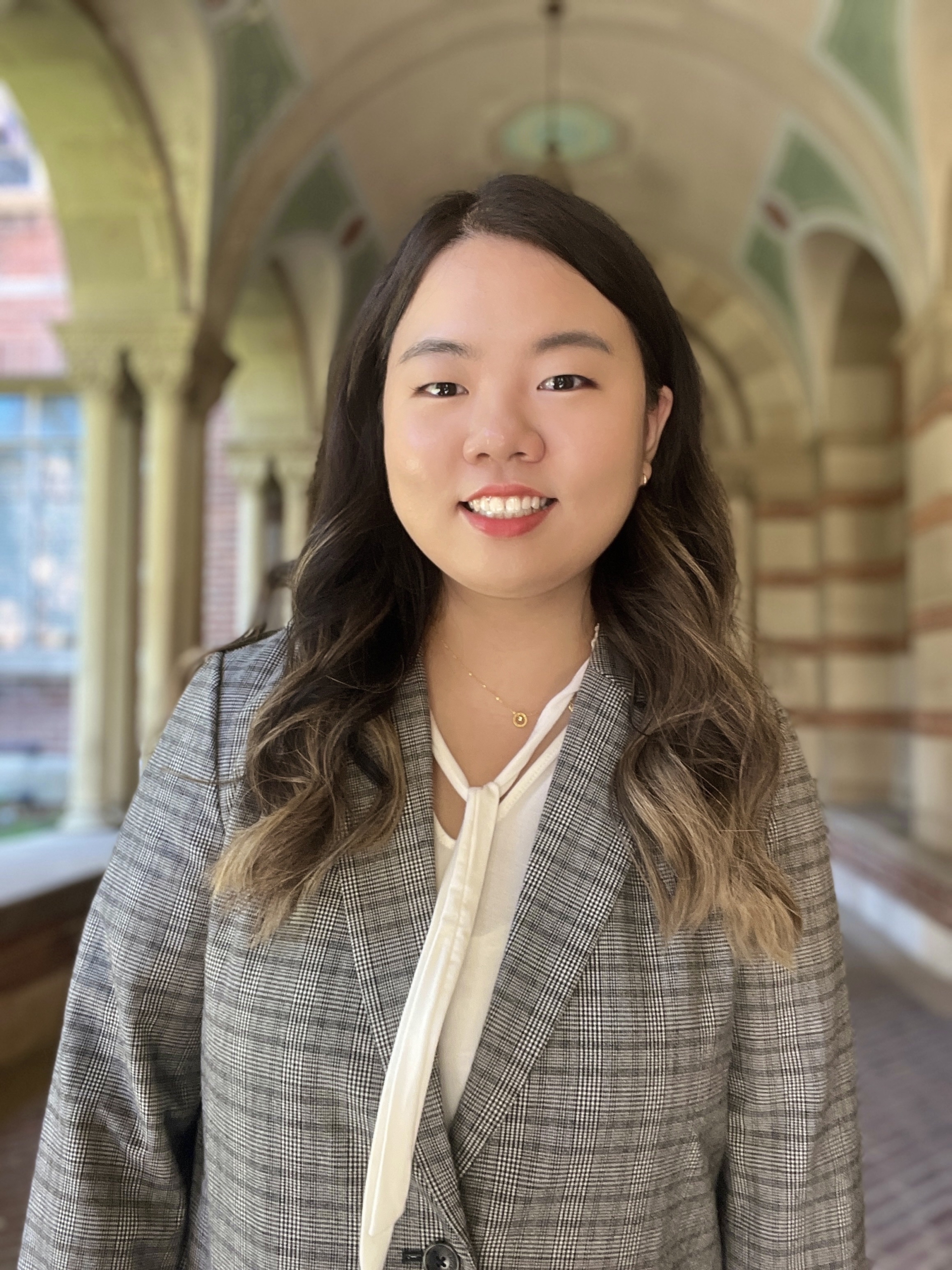 As a community college transfer student, I had limited access to research opportunities. Coming into UCLA, I felt that I was already behind on my chances of being a competitive applicant for graduate school, but the URC gave me the resources and community to conduct independent research projects as a beginning researcher.
As a community college transfer student, I had limited access to research opportunities. Coming into UCLA, I felt that I was already behind on my chances of being a competitive applicant for graduate school, but the URC gave me the resources and community to conduct independent research projects as a beginning researcher.
I started with the two-quarter-long Undergraduate Research Fellows Program, which allowed me to take time with my application and apply during my first quarter at UCLA. It had a seminar component to it, and I learned a lot on how to design and execute my own research project. I also benefited greatly from learning with the URC’s graduate mentor. I met with her at least once every week and she was very helpful.
My URFP project examined how community college stigma and the model minority myth can impact Asian American and Pacific Islander (AAPI) community college students’ mental well-being and sense of belonging. As a follow-up, my Undergraduate Research Scholars Program project was identifying the needs of AAPI students attending community colleges and finding ways to better support them with resources. Currently, my Keck project examines the experiences of overall community college students in a broader context, looking at the impact of community engagement and transfer receptive culture on their academic trajectories.
As a community college student myself, I appreciated this opportunity to conduct a project that was related to conducting research that could support underrepresented community college students in pursuing higher education. URC has provided me resources, both academically and financially, and has been a fundamental support during my undergraduate career.
As someone that’s been heavily engaged with URC, I now feel confident going into graduate school. URC gave me the opportunity and space to hone my research skills, and I have faculty advisors who believe in me enough to encourage me to apply to Ph.D. programs—I was recently accepted into a master’s program at Harvard. Wherever I go, I now know I can execute my own research projects and even mentor others.
Giving to the URCs has a powerful ripple effect that benefits so many, including historically underrepresented students. For instance, I worked as a peer learning facilitator/teaching assistant during the summer for the Academic Advancement Program’s Transfer Summer Program to help incoming transfer students from historically underrepresented backgrounds get involved with research. They had similar concerns that I had, including, “Will I have time to be involved with research while working two part-time jobs?” A parenting student approached me to tell me that it was hard enough being a full-time student while supporting her two daughters. I encouraged her to apply to the programs at URC and treat it like a part-time job.
The funding allowed me to prioritize my research projects, as did the accountability that the programs gave me (e.g., the colloquiums, faculty advisor contract courses, and graduate mentoring). If it weren’t for URC, I doubt that I would’ve had the opportunity to make time and prioritize conducting three research projects during the three years I had at UCLA.
—GLORIA JIYOON KIM, Class of 2023

